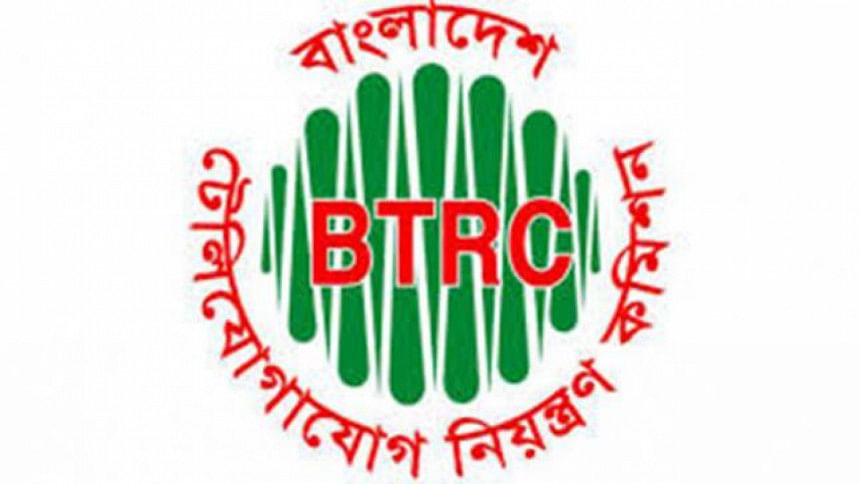BTRC moves to assess telcos' service quality

The telecom regulator is set to inspect the mobile operators' service quality on a regular basis in an effort to improve customer experiences.
Until now, Bangladesh Telecommunication Regulatory Commission had to rely on reports prepared by the mobile operators themselves on their quality of service.
Under guidance from the BTRC, Anite Finland Ltd, a leading supplier of wireless air interface tools for measurement and analysis, will conduct independent assessment of the mobile operators' service quality.
The equipment has arrived at the Chittagong port and is now waiting to be released from the customs, said BTRC Chairman Shahjahan Mahmood.
“As soon as we get them in our hands, testing will begin.”
Anite will provide periodical reports on call drops, call generation time, call clarity, quality of the data transferring process and time, and other aspects of service quality, said senior BTRC officials, adding that the Finnish company will be paid $293,000 for the entire service.
The operators will be ranked in terms of their service quality and the reports will be made public. BTRC officials said they will be able to get the real picture as a result and take action accordingly.
For instance, Tarana Halim, state minister for telecom, tried several times to make compensation mandatory for call drops. In the absence of authentic data, the regulator could not enforce the matter.
The mobile operators maintained that their call drop ratio is close to 1 percent, which is within the International Telecommunication Union's acceptable level.
The ITU is a specialised agency of the United Nations responsible for issues that concern information and communication technology.
The telecom watchdog has also decided to amend some parts of the guideline to better define what constitutes the acceptable level of service.
“It was a long pending decision, but this time we are serious. When we start to get this information, operators will certainly try to improve their service quality and that is our main goal,” Mahmood said.
While the mobile operators welcomed the initiative, they have to be consulted before the regulator sets the parameters for what constitutes acceptable service quality.
“We believe setting service parameters in consultation with the telecom operators before the initiation of the inspection will make it more realistic and logical for a meaningful outcome,” said Asif Ahmed, head of corporate communications of Banglalink.
Market leader Grameenphone called for the rankings be based on common and standard guideline with adequate statistical samples, according to Hossain Sadat, its acting chief corporate affairs officer.
Robi, the country's largest mobile operator, called for the findings be benchmarked of the basis of guidelines provided by the ITU, according to Ekram Kabir, its vice-president of communications and corporate responsibility.
“We also hope that the quality ranking would not be arbitrary, which may have the potential of affecting the market competition.”
The quality of service depends on spectrum availability and investment on networks. The operators will be encouraged to invest more if spectrum availability and the operators' return on investment are ensured, Kabir added. In November last year, the telecom regulator organised its first public hearing, where most of the attendants expressed their dissatisfaction over their quality of service being offered by the mobile operators.
The BTRC also introduced a system to receive feedback from customers on the five operators' service quality. A total of 7,561 complaints were received between May and October last year.

 For all latest news, follow The Daily Star's Google News channel.
For all latest news, follow The Daily Star's Google News channel. 



Comments